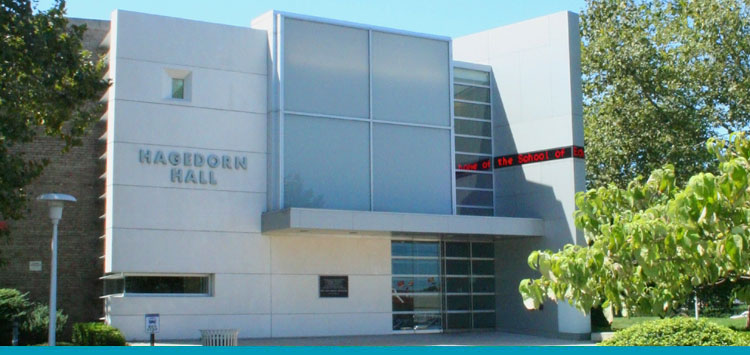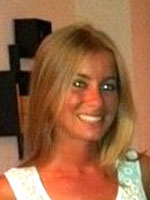In Focus: Ashley Tener
Tell us about your background and how you knew you wanted to be a teacher.
Prior to entering college, I was not sure what exactly I wanted to be when I grew up. My mother has been an elementary school psychologist for 30 years and suggested that I give education a try. Therefore, I began my studies at Syracuse University in the Inclusive and Special Education program. It was during my student teaching experience in Syracuse that I realized I was truly meant to be a teacher. I had two exceptional student teaching placements where I was the special education teacher in a 2nd grade co-teaching classroom in addition to being a special education teacher for 6th grade middle school students. I remember presenting my student teaching portfolio and feeling so proud and confident of the work I had done. Although some days were harder than others and at times I wanted to give up, I knew that the amount of effort I put in was affecting the learning of the students. There is no feeling like the feeling of seeing a child succeed because of you. After that moment, I knew that there was no other career for me but a teacher. I not only wanted to be the reason a child succeeds but I wanted to make a difference in children’s lives as an educator. During my senior year, I began to think about what area I wanted to get my master’s in. I chose literacy because literacy is the foundation for all learning. The skills and strategies that are embedded in literacy are used in all content areas and I felt that having a literacy background would strengthen my ability to teach other content areas, too.
What brought you to Hofstra University for graduate studies?
While considering master’s degree programs, I knew that I wanted to go to a school that was close to home and therefore I applied to a couple of schools on Long Island and one in New York City. When deciding where I wanted to go, I chose Hofstra because I felt that the faculty in the School of Education was extremely accommodating and understanding. They are also very helpful and show a genuine interest in not only your academics but in who you are. I still keep in touch with my professors at Hofstra and I think of them often when I use a strategy or skill they taught me in my own classroom.
How would you describe your field placements/student teaching experience?
I had a literacy practicum internship at Hofstra where I worked collaboratively and co-taught authentic reading and writing instruction with another literacy practicum intern. I had a very positive experience during my practicum internship. I was able to use many of the tools and techniques that I had been taught with a group of students. It was during this time that I saw how important it is to create instruction that is authentic. Authentic instruction is effective because it is based on real word tasks. As students complete authentic tasks they see how what they are learning applies to their real lives both in and out of the classroom. This type of instruction is not only engaging but it is highly effective for student learning. There is so much pressure on teachers today to teach using curriculums that are test-prep based that they are not able to conduct authentic instruction.
How has Hofstra prepared you for the job search process post-graduation?
My education at Hofstra provided me with confidence. More specifically, I left Hofstra knowing that I could speak about literacy in a professional way. When I interviewed for the position I currently hold as a reading teacher in East Rockaway, NY, I remember saying to the person interviewing me, “I want to teach students to read for comprehension and not just for fluency. It’s so often that students cannot comprehend because they have this idea in their head that they have to be able to read every single word correctly.” I also remember saying to her, “I want students to know that reading is not only something they have to do in school. Reading is something we do naturally every day and we can show students this by simply showing them pictures of real life signs or having the students complete a literacy dig.” It was at Hofstra University that I learned these notions and practices and they will forever stick with me.
What are your long-term goals?
I hope to one day be a veteran teacher who can mentor others through professional development workshops. I want to be able to share all of the knowledge that I have learned through experience and I want to be able to provide them with the confidence that Hofstra gave me.

